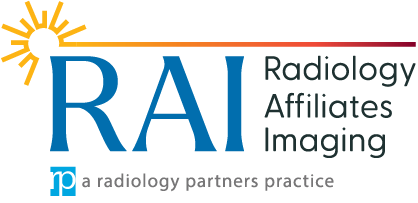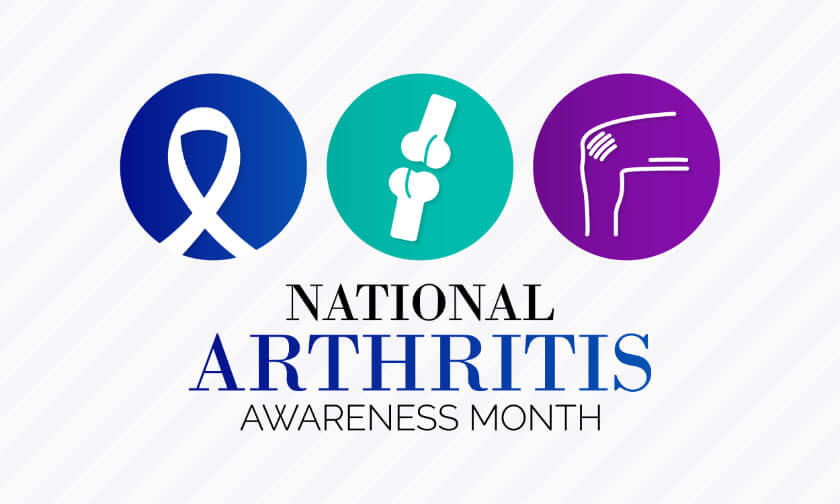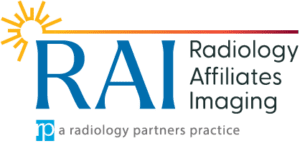What is a 3 Tesla MRI?
ATesla (T) is a unit of measurement used to denote the strength of magnetic fields. It’s named for the famous engineer and physicist, Nikola Tesla. In magnetic resonance imaging, or MRI, powerful magnetic fields are used to align subatomic particles called protons that are present in organs and other tissues in the body. As the protons align, special radio technology causes them to emit signals that can be captured and interpreted into highly detailed images of structures inside the body. Most MRIs use magnetic fields measuring 1.5 Teslas. A 3 Tesla MRI uses magnetic fields with double the strength of traditional MRIs to create even more highly-detailed images in less time than traditional MRIs.
When is a 3T MRI used?
3T MRIs can be used for the same indications as traditional MRIs, to assess:
- the brain and skull for signs of stroke, aneurysm, epilepsy, tumors and neurodegenerative diseases;
- the heart and circulatory system to evaluate the structure and function of the heart or aorta, to assess the extent of damage following a heart attack or as a result of heart disease, or to look for inflammation and blockages in blood vessels;
- internal organs including the liver, kidneys, uterus, pancreas, spleen, ovaries and prostate;
- the breasts in women with dense breast tissue or when screening or diagnostic mammography reveals abnormalities that require additional imaging;
- the bones and joints to evaluate condition like arthritis, disc disease, bone infections or tumors, or other injuries or abnormalities that affect the function of joints.
What is the procedure like?
Before your procedure, you’ll need to remove any metal jewelry or other metal objects, including removable dentures and eyeglasses, and you may be asked to put on a hospital gown. During the imaging procedure, you’ll lie flat on an exam table which will slowly slide you inside the MRI machine. You’ll be able to communicate with the technician using a special built-in intercom system. You’ll need to lie very still during the exam, and you may be asked to perform certain tasks like holding your breath or moving a limb. The machine itself may make loud noises like thumping or tapping; music piped into the unit will help mask the noises and keep you relaxed during the exam. Sometimes, a special dye or contrast agent will be injected through an IV before the exam to highlight tissues for more detail. Because they use stronger magnetic fields, 3T MRIs can be completed in less time than traditional MRIs, and most procedures take less than an hour to perform. Once your exam is over, you’ll be able to resume your regular activities.
Eliminating Anxiety with Visual Therapy
We understand that the thought of having to undergo an examination can be stressful and build up unwanted anxiety. At Radiology Affiliates Imaging, our goal is to make every visit comfortable and relaxing for all of our patients so we’ve incorporated visual therapy and nature imagery at both of our imaging facilities. The ceilings of our CT and MRI suites resemble the skies of spring, transforming the rooms into spaces of natural beauty and freshness. The idea of nature imagery, a form of visual therapy, helps you relax during imaging procedures. The minute you enter our suite, you will feel at ease and therefore eliminate anxiety.
Weekend MRI Appointments: Available at all locations. Contrast procedures on Saturdays.
Available Locations
-
-
- Please leave your jewelry at home.
- You may have to change into a gown.
- If you are having an abdominal and/or pelvic MRI, you may not eat or drink for 4 hours prior to your appointment. You may take necessary medications with a small amount of water.
- Bring your prescription and insurance card.
- Bring all previous imaging/radiology studies (that were not done at RAI) relating to your current study.
- Please call us at (609) 585-8800, if you have any of the following:
- Cardiac Pacemaker Artificial heart valve prosthesis
- Eye implants or metal ear implants
- Any metal puncture(s) or fragment(s) in the eye
- Any metal implants activated electronically, magnetically or mechanically
- Aneurysm clips
- Copper 7 IUD
- Penile implant
- Shrapnel or non-removed bullet
- Pregnancy
- Claustrophobia
- Additional questions
-
-
-
- Please leave your jewelry at home.
- You may have to change into a gown. If you don’t want to change your clothes, please wear clothing with no metal zippers.
- If you are having an abdominal and/or pelvic MRI, you may not eat or drink for 4 hours prior to your appointment. You may take necessary medications with a small amount of water.
- Bring your prescription and insurance card.
- Bring all previous imaging/radiology studies (that were not done at RAI) relating to your current study.
- Please call us at (609) 585-8800, if you have any of the following:
-
- Cardiac Pacemaker Artificial heart valve prosthesis
- Eye implants or metal ear implants
- Any metal puncture(s) or fragment(s) in the eye
- Any metal implants activated electronically, magnetically or mechanically
- Aneurysm clips
- Copper 7 IUD
- Penile implant
- Shrapnel or non-removed bullet
- Pregnancy
- Claustrophobia
- Additional Questions
- Administer a Fleets enema at 2 hours prior to your exam according to the instructions on the package.
- Nothing to eat after midnight and nothing to drink after 7am on the morning of the exam.
-
-





